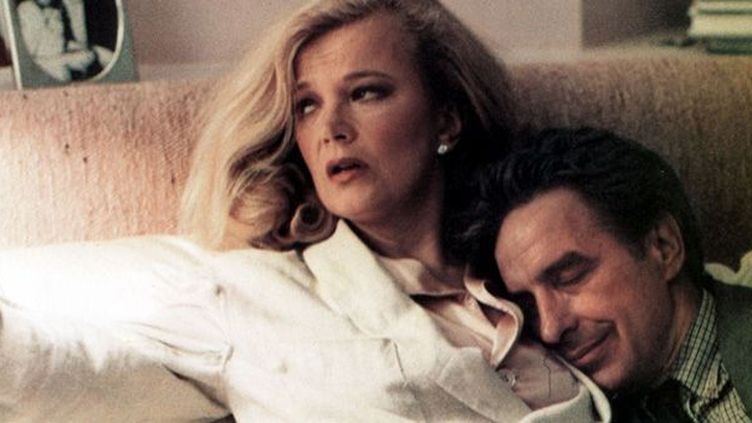
The best book about filmmaker John Cassavetes is Ray Carney’s epic tome Cassavetes On Cassavetes. Carney’s seminal text is comprised of extensive interviews with Cassavetes as well as years of research. Cassavetes On Cassavetes wasn’t Carney’s first book on the director, having cut his teeth in the vein of critical analysis that often compared the filmmaker to Henry James. This critical approach adds a depth to Cassavetes On Cassavetes as Carney contextualizes Cassavetes’ own words with historical fact and critical discourse. Cassavetes On Cassavetes is the clearest portrait of an artist one could hope for, but it also doubles as a guide to independent film production.
What Marshall Fine’s Accidental Genius does is to take the work of Carney, supplement it with testimonies from new subjects (including the ever protective Gena Rowlands), and tells the story of Cassavetes’ life in the traditional biographical format. Accidental Genius isn’t an analysis of Cassavetes’ films nor is it a critique of his films and their place in the lexicon of American cinema. What Fine does is to distill Cassavetes’ life into a narrative that is as contradictory and rambling as Cassavetes himself was.
In his introduction, Fine states that he was motivated to write this biography in order to introduce the work of John Cassavetes to a younger generation of cinephiles. With Gena Rowlands’ blessing, Fine had unprecedented access to Cassavetes’ own records and “inner circle” of friends and collaborators. Anecdotes and asides that are absent from Carney’s works are the highlight of Fine’s book. Fine skillfully interweaves these oddball asides into the narrative structure of the biography, approximating Cassavetes’ own interest in those details that illustrate and define our individual humanity.
Where Accidental Genius is weak is in Fine’s plot summaries and descriptions of specific scenes from Cassavetes’ work as a filmmaker and actor. To the initiated, these moments are redundant and compromise the pace of the text. However, Fine’s desire to describe a visual medium is easily forgiven when one remembers that Accidental Genius is meant as a guide to John Cassavetes’ work for those who have yet to discover his contributions to the cinema. Accidental Genius is simply not the book for the established student of film.
The most admirable part of Accidental Genius is that, since being published in 2005, it has undoubtedly made information on John Cassavetes more accessible to the casual film fan and maybe even turned a few of those readers into devotees of the “godfather of American independent film”. As an enthusiast and student of Cassavetes’ films I’m always advocating that people see Cassavetes’ films and embrace his unique brand of humanism. I recommend Accidental Genius to anyone looking for unique and powerful cinematic experiences.
